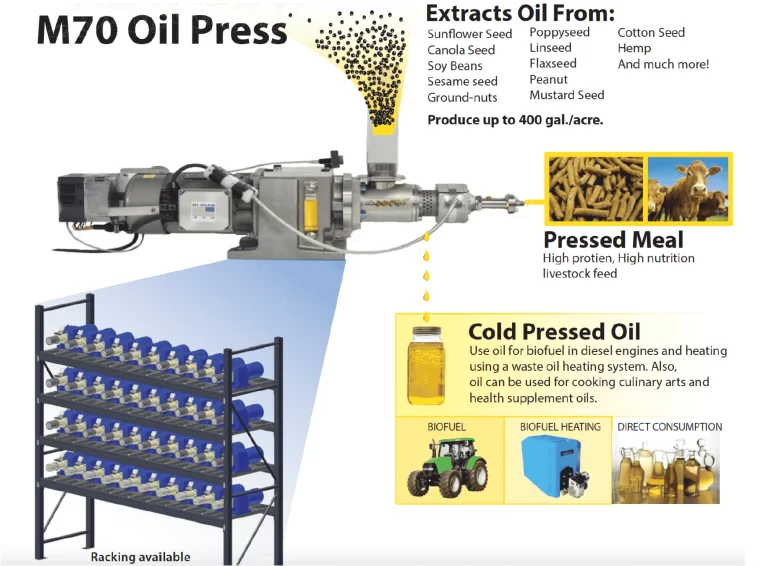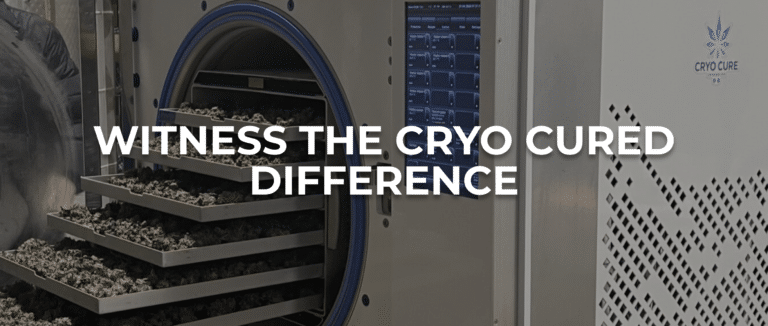As the cannabis industry keeps growing worldwide, and more countries are legalizing cannabis, professional growers can now decide if they want to cultivate commercially for the recreational market or the medicinal one.
The recreational market uses cannabis for fun, relaxation, or similar. The medicinal market uses the cannabis or its derivatives to alleviate or target certain diseases. But to be able to cultivate for the medicinal market there are very strict quality standards that must be followed based on the certifications GMP (Good Manufacturing Practices) and GACP (Good Agricultural and Collection Practices).
According to an article in hortidaily.com, they confirm that “ these certifications outline minimum requirements for growers so that they create high quality, consistent products which will later pass authorization by agencies that are in charge of licensing the manufacture and sale of pharmaceutical products.”
Cannapro.co, a company which specializes in the design and construction of commercial greenhouses and GMP certified facilities, working with Conviron, advised us on the difference between these 2 certifications:
GMP facilities and the difference with a greenhouse GACP, that never ever a greenhouse can be certified GMP, why?
The basic argument is: precision
Facilities considered GMP certified are laboratories, where medicines are developed / produced / inspected / packed.
First of all, the GMP certification is not a “primary characteristic of the equipment or facilities”, since it is about certifying “a productive process as a whole”. It is true that one of the aspects to be considered in GMP certifications is that the facilities and equipment involved in the production process can be validated from the point of view of their correct installation and operation in accordance with specifications.
This is what is known as IQ / PQ certifications. These certifications are made during the installation process (in fact by the installer) according to the installation requirements and the manufacturer’s specifications and tolerances, measured after the start-up, and in accordance with the manufacturer’s instructions.

Subsequently, it is also interesting, from the point of view of the subsequent GMP certification, to obtain the operator training certification (OQ), which is neither more nor less than the training course for the operators, after which it is delivered a document signed by the person who provides the training, and by the trained operators, in which the topics covered during the training are collected. All these processes have an additional cost to the equipment, and must always be accompanied by the required formal documentation.
Another important point, especially in pharmaceutical companies, and more especially if it is behind FDA, is the certification of data integrity. It refers fundamentally to the analytical processes that must be incorporated as necessary or mandatory for the guarantee of quality and / or safety. For example the absence of heavy metal residues, herbicide or pesticide in the product, before leaving the facility (eg GCMS, LCMS, ICP). In these cases, computers that give a digital value, through a computer, must comply with the regulation 21 CFR part 11.
This heaviness does not apply if the systems that gives the results through a printer. For this reason, although it seems incredible, in many pharma laboratories, there are still teams with ticket printers. Problem: there are almost no more of these available.
Thanks to Cannapro, Conviron, Argus for the information provided.



